Pt. Ramdas Kamat: A Modern great of Marathi Musical Plays
- Bhushan Toshniwal | toshniwalbhushan054@gmail.com
Marathi Sangeet Natak [musical plays] has enjoyed a rich and long tradition [around 140 years], and has witnessed great artists like Narayan Shripad Rajhams Acca Balagandharva, Dinanath Mangeshkar, Saudagar Gore Acca Chota Gandharva, Jairam, and Jaymala Shiledar, Hirabai Badodekar, who popularized this art through their musical prowess, and relentless commitment.
Before movies, these musical plays were one of the major sources of entertainment for the public. However, after the advent of movies, this art form saw a dip in fan-following. Pandit Ramdas Kamat [18 February 1931 – 8 January 2022] is among the modern greats, who revived this great art through his highly emotive music, and effective acting. besides Marathi Natya Sangeet, Panditji sang many devotional songs like Purvechya Deva Tuze, He Adima He Antima, Deva Tuza Mi Sonar, etc.,
Bhavageets like Sakhi Sanz Ugavali, Dole Tuze Sharabi, Gans [a type of Marathi folk song, which is sung at the beginning of Tamasha, to invoke God] like He Shiv Shankar, and film songs like Pratham Tuza Pahata, which still remains popular among the young generation. This article aims to take the bird’s eye view of this maestro’s unique and thrilling journey, which helped him to reach the pinnacles of success.
Cultivation of god’s gift
Panditji was gifted with a beautiful strong voice. he says, “music came very naturally to me. I would often sing songs with my father in the temple of Lord Datta in a small village in Goa. Given my musical talent, my teacher asked me to give music to a poem, when I was just 8 years old, and people liked the tune very much. My father acted in musical plays; however, he did not have much knowledge of music. but he would tell me that a particular song is based on a particular Raga.
Those days there were no facilities for learning music in Goa, as most artists had settled in Maharashtra. since we were very poor, I first completed my academic education, and then started training under my elder brother Upendra, who was learning music in Mumbai. Upendra not only taught me various Ragas, but also gave me a vision of how to appreciate various forms of music. he would tell me that, no musical form is inferior, and each form has its own place. This vision helped me when I sang various types of songs, as I could sing the song keeping in mind its situation, type, content, and emotion.”
Birth of a star
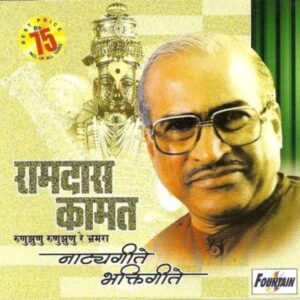 During his training stint, Panditji sang a Konkani devotional song on the radio, which became very popular, which resulted in his first stint as an actor in a musical play. “Goa Hindu Association approached me for the role of a Sadhu for their presentation of the musical play Sangit Samshay Kallol. The character has only 1 song, and his role is only at the beginning. our director Gopinath Savkar told me to sing the song only for 3 minutes since the play had to be finished within the prescribed time. People liked my song so much that, after some performances, he asked me to sing the song for 5 minutes. Later, I worked under him in Sangeet Sharada, Sangeet Mruccha Katik.
During his training stint, Panditji sang a Konkani devotional song on the radio, which became very popular, which resulted in his first stint as an actor in a musical play. “Goa Hindu Association approached me for the role of a Sadhu for their presentation of the musical play Sangit Samshay Kallol. The character has only 1 song, and his role is only at the beginning. our director Gopinath Savkar told me to sing the song only for 3 minutes since the play had to be finished within the prescribed time. People liked my song so much that, after some performances, he asked me to sing the song for 5 minutes. Later, I worked under him in Sangeet Sharada, Sangeet Mruccha Katik.
He taught me everything related to acting, such as how to make an entry on the stage, how to walk elegantly on the stage, how to think about the character, how to deliver dialogues, and how to take exits. our music director Shri Govindrao Agni taught me the intricacies of singing Natya Sangeet. He told me how the pitch of the prose should match with the pitch of the forthcoming song, how the prose and song should merge together. I used to enjoy renditions of Pt. Suresh Haldankar, Pt. Ram Marathe, Chhota Gandharva. My brother told me that, all these greats follow either Balagandharva, Dinanath Mangeshkar, or Keshavrao Bhosale. So, if you want to consider someone as your Guru, listen to these legends, but don’t imitate them. Develop your own style of singing.”
Sangeet Matsygandha, and role of Pt. Jitendra Abhisheki
Sangeet Matsyagandha was the first musical play, which made Panditji, a household name. his songs like Deva Gharche Dnyat Kunala, Guntata Hriday He, Nako Visru Sanket Milanacha gave him huge popularity. Here is the thrilling story of this huge success in his own words. “Shri Vasant Kanetkar wrote the play called Sangeet Matsyagandha, the songs of which had to be tuned by Pt. Jitendra Abhisheki. He read the play, and asked Kanetkarji not to make it a musical play, because of its high-quality prose. Kanetkarji insisted that it will be a musical play. When Abhishek Ji composed its music, he told me not to sing any song above 5-7 minutes, since it will halt the progress of the plot. He always told that the purpose of Natya Sangeet is to carry the story forward, and not to show one’s musical mastery. he always insisted on correct pronunciation and throwing of words, which will convey the emotions behind the same.
Panditji taught me the art of short but effective presentation with the balanced use of Alaaps / Taans. He would say that, if you want to sing Aalap for 30 minutes or show off Taan mastery, you should sing Khayal. In Natyageets/Bhajans your Aalaps and Taans should be short but impactful. he composed the song Deva Gharche Dnyat Kunala in Raga Yaman, and its Sam [1st bit of the Tala cycle] was placed on Ma, which is not an important note in the Raga. when I questioned him about it, he told me to sing, and then tell my reaction. When I sang, the tune sounded very new and beautiful. Even though Abhishekiji never acted in a play, he had extremely good knowledge of how to compose music according to the nature of the character, and the situation of the story.
He would also realize the level, and temperament of the singer, for whom it is to be composed, for example, Ashalata Wabgaonkar was a great actress but did not have a good mastery of music. For her, he composed easy tunes which can be classified as Bhavgeets. even after 40-50 performances, the play was not doing well. Then I approached HMV company and requested them to record the songs so that they can reach more people. Those people kept on avoiding me for some time. One day, they asked me to sing the songs, I obliged, but no one gave a positive response. After some days, they asked me to stand up and sing. I did it, but again no response. After a few days, they asked me to speak the dialogues before the song, and then sing the same. I did that also, but there was no change. Now I was very angry. After a few days, they asked me to give another trial, which I denied, and told them that, I have no problems, even if the songs are not recorded. However, they themselves fixed a date to do the recording, and the rest is history.”
Relentless commitment, and dedication
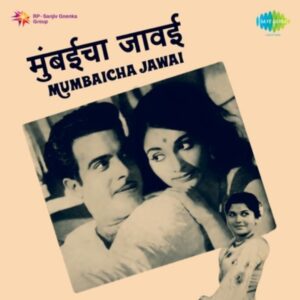 In this section, I am sharing a couple of memorable incidents in Panditji’s illustrious career, which show his passion and commitment to his art. The first of these is the story behind his hit film song Pratham Tuz Pahata. “On a Friday, Shri Sudhir Phadkeji Acca Babuji called me, to sing a song for a film. I was surprised since Babuji used to sing his own songs. When I asked him the same, he said that this particular song is for the character, who acts in musical plays. I accepted the offer. Babuji told me that, the recording is on Sunday. Since I had a program in Barshi [a place near Latur] on Saturday night, I told him that, it will not be possible for me to record the song on Sunday. He told me that, since the song is to be shot on Monday, it has to be recorded by Sunday itself.
In this section, I am sharing a couple of memorable incidents in Panditji’s illustrious career, which show his passion and commitment to his art. The first of these is the story behind his hit film song Pratham Tuz Pahata. “On a Friday, Shri Sudhir Phadkeji Acca Babuji called me, to sing a song for a film. I was surprised since Babuji used to sing his own songs. When I asked him the same, he said that this particular song is for the character, who acts in musical plays. I accepted the offer. Babuji told me that, the recording is on Sunday. Since I had a program in Barshi [a place near Latur] on Saturday night, I told him that, it will not be possible for me to record the song on Sunday. He told me that, since the song is to be shot on Monday, it has to be recorded by Sunday itself.
On Friday evening, I went to Babuji’s house to understand the song. On Saturday, I boarded Madras mail for Solapur, and from there, went to my program, by taxi. Even after 3 hours, people insisted that I should continue the program. But since I had the recording I came via the same root to Mumbai and intimated the same to Babuji. I reached the studio at around 3 PM and started practicing. But due to a lot of exertion, and lack of sleep, my voice was not good. I tried to sing loudly so that my voice will be in control, just like Babuji would do. After some time, my voice became better, but it was still a bit out of tune. In spite of all this, Babuji did not hurt me. Just to encourage me, he asked Pandit Ram Narayan, and Shri Wasantrao Achrekar to check the tuning of their Sarangi and Tabla respectively. After a lot of such efforts, I managed to record the song at around 7 PM. Shri Arun Sarnaik, on whom this song was picturized, loved my rendition, and it still remains one of my most popular songs.”
Another incident that comes to mind, is that of Sangeet Manapaman. Panditji says, “Shri Savkar approached me to play Dhairyadhar in Sangeet Manapaman, and told me that, I would have to do only song rehearsal for 3 months. In these 3 months, I was taught how the same song would be sung by Balagandharva, Dinanath Mangeshkar, among others, in their unique style. My efforts paid off when I got 3-4 once more, for my song Zale Yuvati Mana, in a performance, where I and the great Pandit Ram Marathe played the role for 2 parts each.”
Thoughts on music, and musical plays
Panditji insisted on emotive rendition, rather than musical show-off. He would sing a song for 30-35 minutes in concerts, but in actual play, he would finish it in 5-6 minutes. According to him, musical plays did not enjoy large audiences because of excessive focus on singing, and not enough on acting. Once he taught a song to a student, who asked him, “Guruji, where can we sing Taans in this song?” then he revealed that Natyageets is not the place to sing excessive Tans. The rendition should be done according to the situation of the song, and not according to your musical abilities. Just like passing on the treasures of old plays to the next generation, he also thought that musical plays should be written on contemporary subjects so that youngsters will get attracted to this great art form.
Conclusion
Through his relentless dedication and honest commitment, Pandit Ramdas Kamat emerged as one of the modern greats of Marathi Sangeet Natak. His songs and his roles will be cherished by the lovers of Marathi music. may his soul rest in peace.


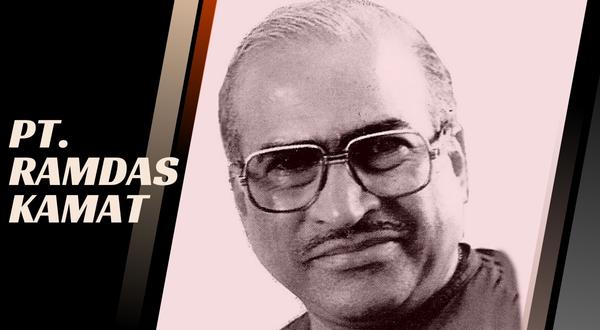
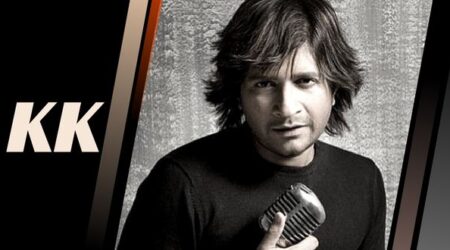
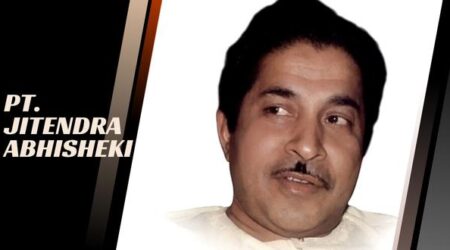
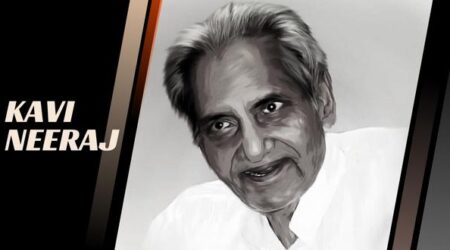
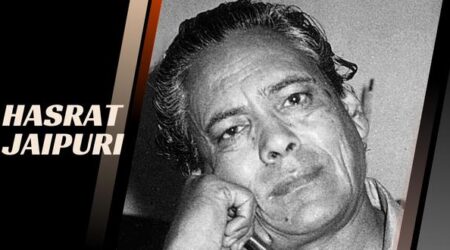
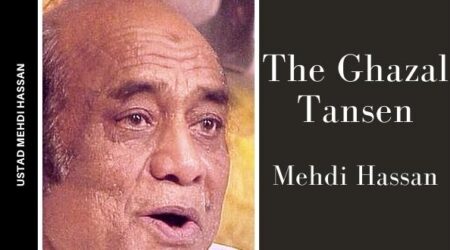
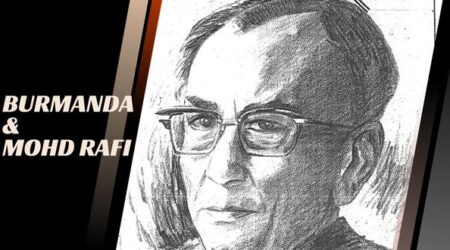
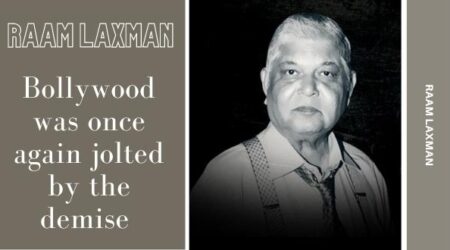
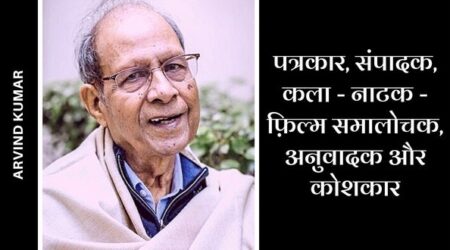
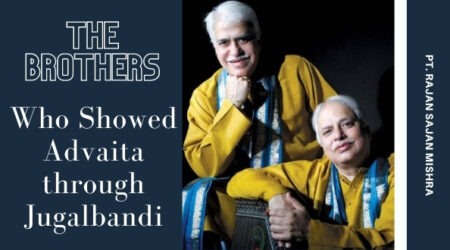
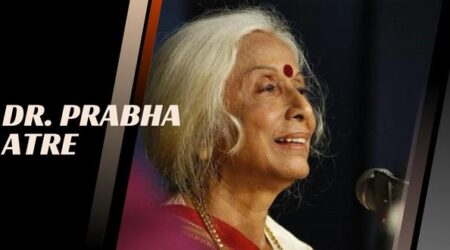

Comments (2)
It’s a great tribute to Ramdas Kamat who is known as a ” DIAMOND ” of Goa , very discreptive & superb information about him ?? , liked it very much , thanks to Swar Aalap Team fir sharing ??
RIP to his divine soul ????
thanks a lot for reading.